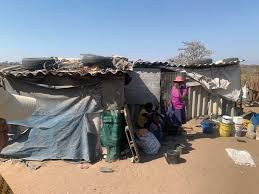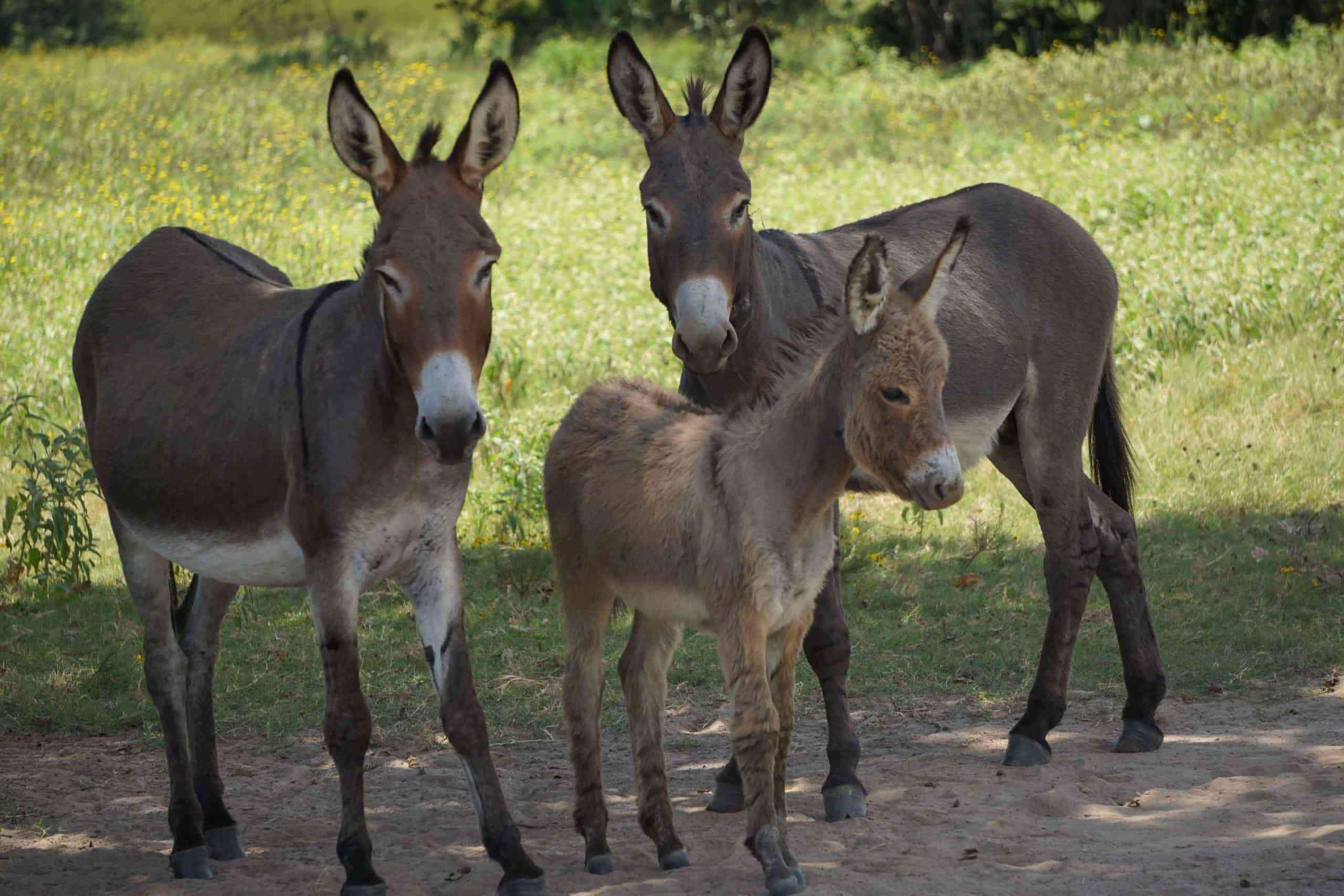
A number of learners residing at one of Bulawayo’s largest informal settlement, Ngozi Mine, are stuck at home as they are unable to access their results and proceed with their studies due to poverty.
Parents say the situation is mainly affecting girls amid fears that prolonged absence from school could lead to early marriages, drug abuse, and other social problems.
Sithembile Ndlovu-Tshuma, the village head in the area, expressed concern over the increasing number of young girls who are unable to transition to secondary school.
“We have a huge challenge here in Ngozi Mine.” Ndlovu-Tshuma said.
“A lot of young girls are sitting at home because they can’t go back to school.”
The settlement built around Bulawayo’s main dumpsite is home to families struggling with economic hardships.
Many survive by scavenging for recyclable materials to sell, making it difficult for them to afford school fees.
According to Ndlovu-Tshuma, the harsh living conditions put young girls at greater risk.
- Female squatters plead for GBV lessons
- Ngozi miner bear brunt of breakdown of social fabric
- Cops brutalise Ngozi Mine woman
- Bulawayo City contains choking Ngozi Mine fires
Keep Reading
“Ngozi Mine is not a good place, especially for a girl child,” she said.
“Parents settle here due to economic challenges, but their children end up exposed to bad habits like drug abuse and alcohol.
“My wish is for these children to go back to school or at least find something to keep them busy.”
A resident, Solani Maphosa (45), shared her distress over her daughter’s future.
“My daughter, who is 13, was in Grade 7 last year and was supposed to start Form 1,” she said.
“Her donor stopped paying for her school fees, saying they were no longer financially stable.
“When we went to the school to ask for her results we were told she owed fees for two years.”
Maphosa, whose husband is currently on TB treatment, said her daughter is eager to continue her education but cannot do so as she has not accessed her examination results because of unpaid fees.
The crisis has also affected teenage mothers in the community, some of whom got a second chance at education but now struggle to support their children.
One young mother, who managed to return to school and complete her studies, finds herself in the same financial struggle she once escaped.
“I got a second chance and completed my studies,” she said.
“I did a course in hotel and catering, and now I am on attachment.
“But I can’t afford school fees for my child, she is at home. The only money I get here is just enough for bus fare.”
Children’s rights organisations have condemned the withholding of results over unpaid fees saying it goes against government policy.
Phumulani Mpofu, the coordinator for the Matabeleland Council for the Welfare of the Child, said schools have no right to punish children for their parents’ financial difficulties.
“Results and school fees are separate issues,” Mpofu said.
“A school does not have a contract with a child; it has a contract with the parent.
“If results are withheld, parents should report the matter to the Ministry of Education or seek assistance from NGOs like us.”
He added that while parents have a responsibility to pay school fees, schools should explore alternative ways to recover the outstanding fees.
“An arrangement can be made where the parent does something to help settle the fees, but the results must be released,” Mpofu said.
The situation at Ngozi Mine is a reflection of a growing crisis faced by children from economically disadvantaged backgrounds.
In an environment where teenage pregnancies, drug abuse, and school dropouts are becoming increasingly common, education remains the only hope for many.
Ndlovu-Tshuma urged the government to intervene.
“We need help to ensure these children go back to school, get proper documents, and grow up in a safer environment,” she said.
For now, many young girls in Ngozi Mine remain in limbo, their futures uncertain as they wait for a chance to return to school.









